“We mean to hold our own. I have not become the King’s First Minister in order to preside over the liquidation of the British Empire,” said the indefatigable Prime Minister of Britain during World War 11, Winston Churchill, in 1942. But unfortunately, that was what he was compelled to do as recounted by Peter Clarke in his book titled: “The Last Thousand Days of the British Empire”.
In a rave review of the book, Allan Massie surmised that Churchill rightly dominated the book as he was shown, warts and all, from the drawing on the diaries of Alan Alanbooke and Sir Alec Cadogan, as “infuriating, often boring, sometimes wandering, arriving at meetings without having read his briefing papers, often unrealistic in his demands, hell to work with.”
Curiously, the more Churchill’s weaknesses were exposed, the more splendid he seemed. According to Massie, “If at times Alanbrooke and others wondered how they could win the war with him, they all knew it would have been impossible without him.” To be sure, Churchill, soldier, writer and politician, was one of Britain’s greatest heroes, particularly remembered for his indomitable spirit while leading Great Britain to victory in World War 11. Churchill wrote his war memoirs and titled the last volume: “Triumph and Tragedy”. He won the Nobel Prize in Literature in 1953 among other great accomplishments.
The review highlighted two tragedies. One was Churchill’s recognition that the price of defeating German’s Adolf Hitler was the subjection of Eastern Europe to Soviet rule, with Poland as the chief victim of victory in 1939; while the second tragedy was Churchill’s and Britain’s. In saving Europe and the world from Hitler by its refusal to negotiate in 1940; that prepared the way for the liquidation of the Empire.
Although British and American writers cum authors have projected diverse perspectives about Churchill’s persona in the context of his perceived strength and foibles, it is difficult to diminish his essential politics in Britain. When I got to the intersection of these two tragedies, Nigeria and President Muhammadu Buhari came to my mind, not in the sense of Churchill’s accomplishments in Britain but in the characterisation of his weaknesses through the perception of author Peter Clarke.
Whereas, the actions and inactions of Buhari in almost three years have questioned his promise to keep Nigeria together as an indivisible entity; whereas the call for restructuring provides an opportunity to negotiate and cure the mischief inherent in our rigged federation, Buhari is obviously not ready for negotiation as he does not see anything wrong with the existing federal structure. In his 2018 New Year national broadcast, Buhari had said “When all the aggregates of nationwide opinions are considered, my firm view is that our problems are more to do with process than structure.”
While shying away from negotiation, he is wittingly or unwittingly worsening the conditions that make negotiation imperative. Agitations for restructuring have continued unabated. The fault lines of ethnic nationalism, regional marginalization, bureaucratic and administrative nepotism, religious bigotry, inequitable distribution of financial resources and genocidal tendency by Fulani herdsmen and Boko Haram insurgents continue to weaken the basis of our federal structure and the chord of the nation’s fragile unity.
Buhari has unconscionably failed to stem the tidal waves of disintegration that are ominously buffeting our nation. Of all the elements, the most worrisome is the burgeoning genocide perpetrated by the Fulani herdsmen who are the president’s kinsmen. His obviously slow and shambolic response to the tragic happenstances has portrayed him as complicit. His body language had indicted him even before the Freudian slip that the people of Benue, where the herdsmen had killed 73 people in one fell swoop of madness, should learn to accommodate strangers.
As I read the review, I noticed that Buhari shares some of Churchill’s perceived weaknesses: infuriating, often boring, unrealistic in his demands. Buhari has infuriated many Nigerians with his administrative style that does not find connection with modern realities. He is not only aloof but also disappointingly too slow in driving governance for expeditious and tangible results. He said in defence of his tardiness that he would always reflect on historical antecedents before taking actions unlike when he was military head of state. But, unfortunately for him, Nigeria is passing through a critical defining eon.
Amid this affliction, Buhari is incapable of inspiring a bored citizenry with impactful extemporaneous or prepared speeches. He is obviously bereft of quotable quotes. His “I belong to everybody and I belong to nobody” line in his inauguration speech was not original to him. Eight former world leaders had used it before him and credit was not given to any of them.
Back to the genocide unleashed by the Fulani herdsmen on communities in Benue, Plateau and Taraba states. It would justifiably appear that the Christian population in the Middle Belt is targeted for extermination. The charge of ethnic cleansing has always been made against the Fulani over the years. What former Chief of Army Staff and one-time Minister of Defence, Lieutenant General Theophilus Danjuma, said about ethnic cleansing agenda in Taraba and other states was not new.
Perhaps what was new and which had inflicted collateral damage on the Buhari administration was the alleged collusion between the armed forces and the armed bandits (Fulani herdsmen). Danjuma, fearless general and Jukun leader, denied the armed forces of their acclaimed neutrality. Instructively, he delivered his punches right on Jukun land and in the intellectual conclave provided by the convocation of Taraba State University in Jalingo. Characteristically taciturn, Danjuma has enjoyed the reciprocal goodwill of successive administrations. He and Buhari have mutual respect for each other. The verdict in some political quarters is that Danjuma’s outburst is the most significant straw yet that has broken the back of Buhari’s camel.
It is immaterial to me the concerted effort some Hausa-Fulani intellectual rearguards and their southern accomplices have made to dismantle the essential philosophy that motivated Danjuma’s outburst. I care less if his outburst appears writ large as parochial, sectional or local. Attempts at deconstructing Danjuma with his past actions or inactions do not also resonate with me.
In fact, it gets to a point in the affairs of nation states when ethnic nationalities can decide to recoil into their shells to force negotiation or renegotiation of corporate existence. After all, if there are no ethnic components, there cannot be a nation state. And when that time comes, there are always iconic figures who would dare to provide leadership. That is the essential ramification that Danjuma’s outburst has thrown up in the complex vortex of Nigeria’s power and political dynamics.
Apologists of the Buhari administration and the military are uncomfortable with Danjuma’s outburst. They have suggested that his outburst amounted to incitement, hate speech and even treason. That is neither here nor there. For a man who is a friend of this government to speak in the manner he spoke, it must be really bad. I can imagine the kind of intelligence at his disposal that formed the basis of vilification of the armed forces.
Former President Olusegun Obasanjo and former military president, General Ibrahim Babangida had taken the Buhari administration to task on a number of its foibles and failings. In fact, both had asked for a regime change in 2019 on account of apparent lack of capacity by Buhari to provide responsive and responsible leadership.
Danjuma did not call for a change of Buhari’s administration. He has only chosen to provide a leadership voice for his people before they are completely exterminated from the federation, which faces existential threats of imminent disintegration if influential Nigerians do not pull together to save Nigeria from Buhari and prevent a tailspin into the kind of conflagration that consumed Somalia and Rwanda.
His outburst remains a tonic to Buhari’s government to do the needful to save Nigeria from disintegration. Buhari is, in all of this, commendably running the oppositions’ gauntlet. However, will he, at the end, earn triumph or tragedy or both?

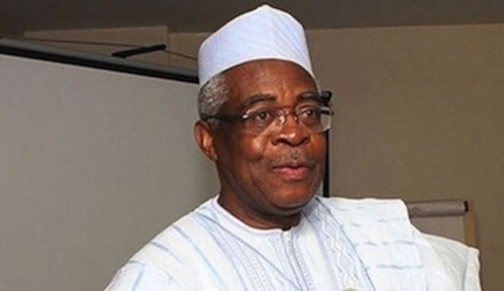












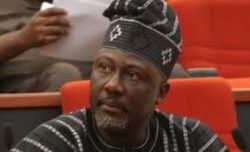







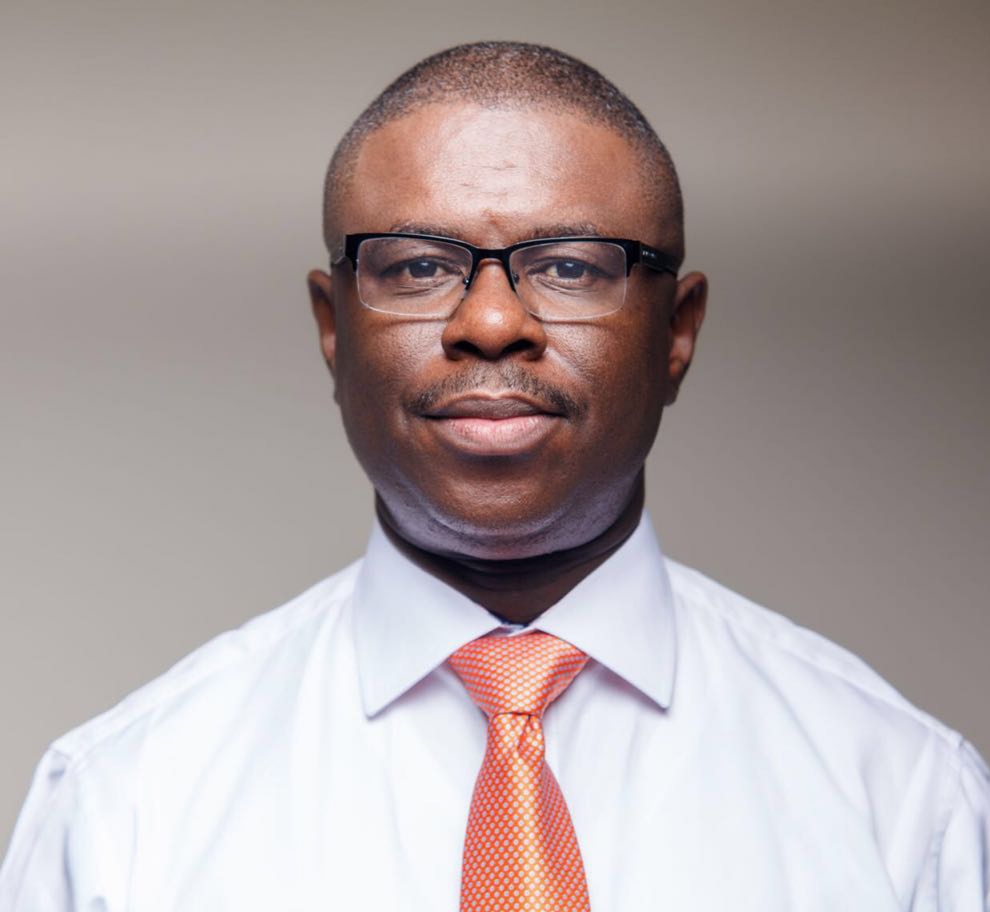


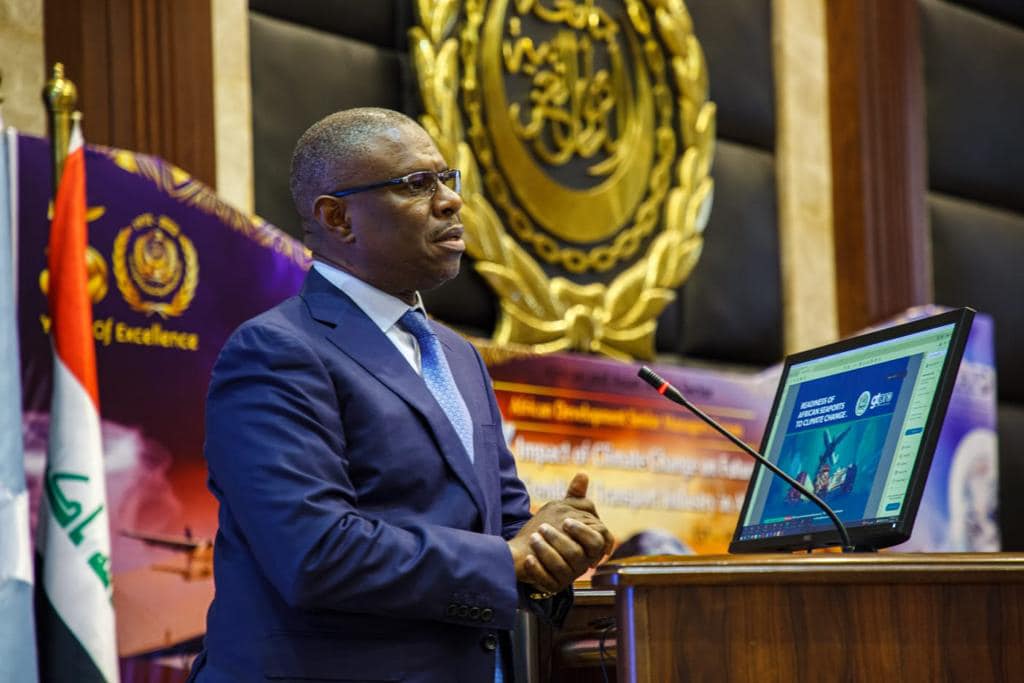

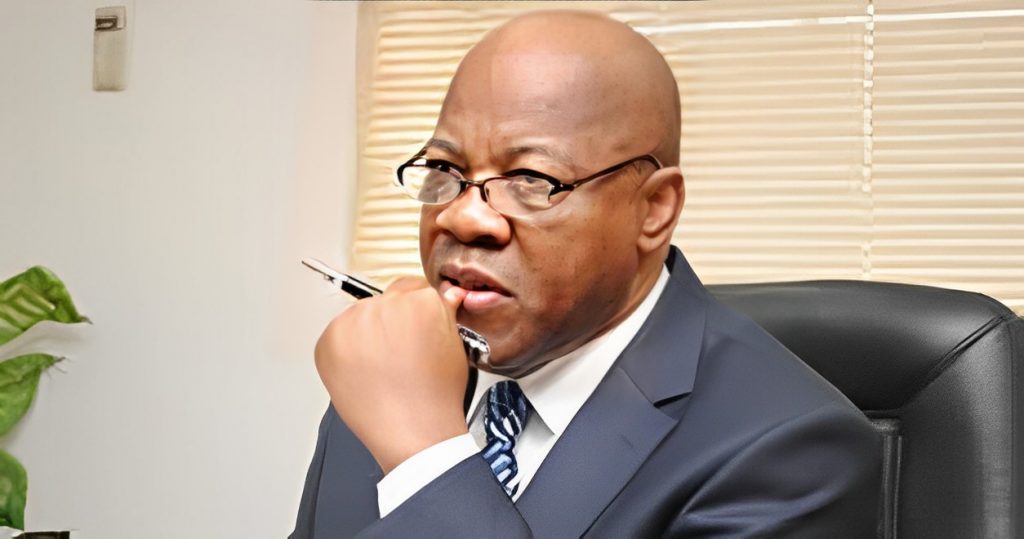
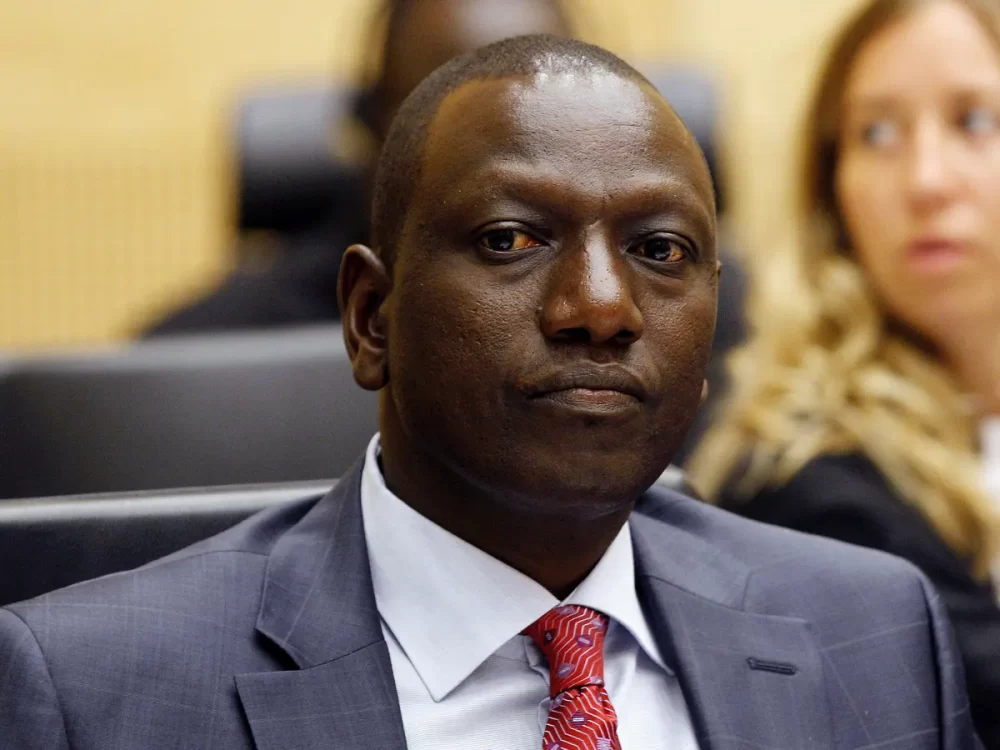
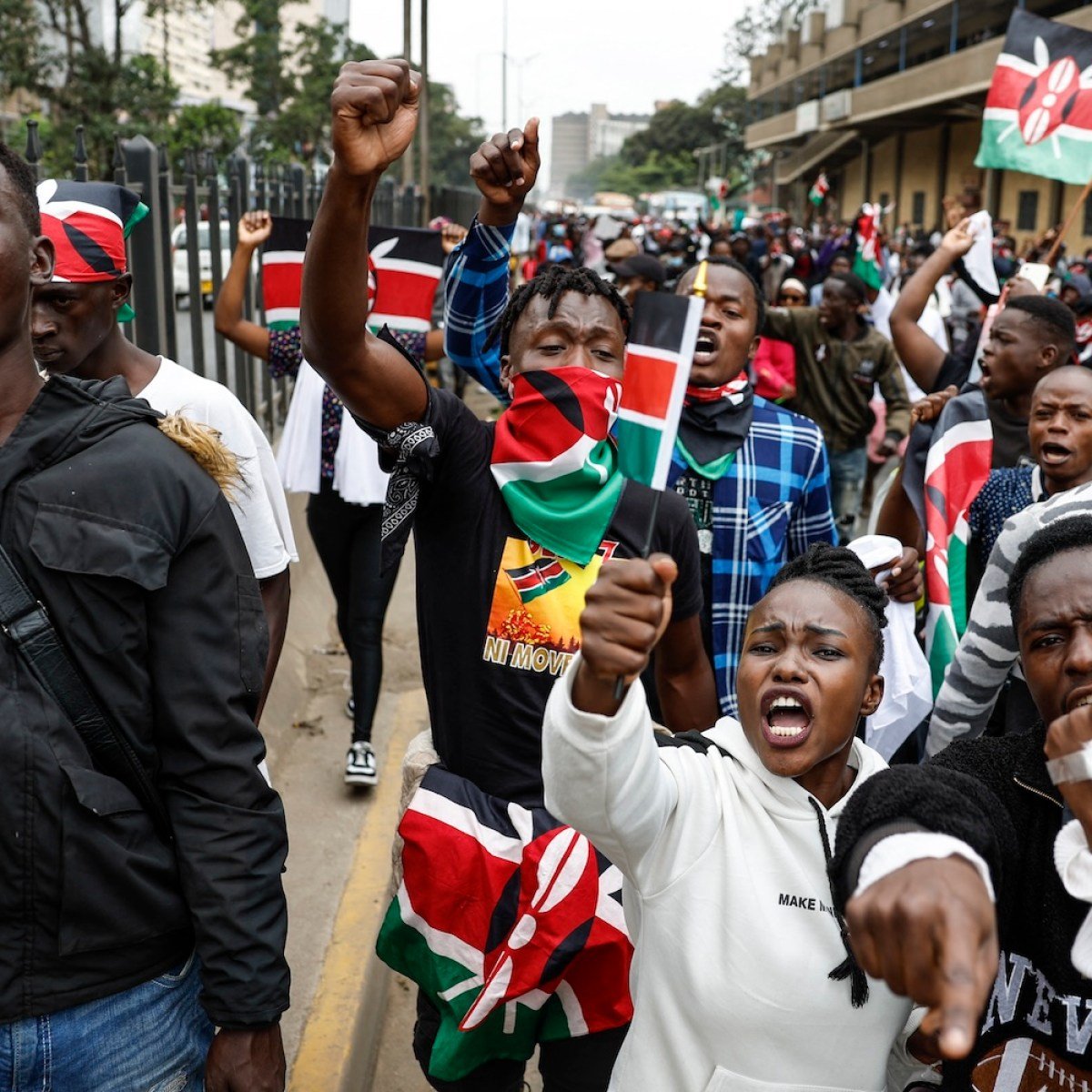


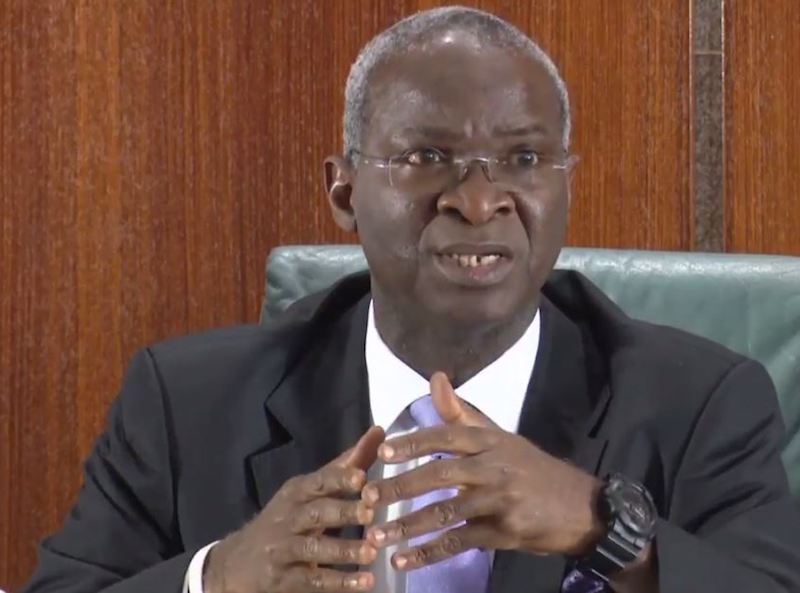
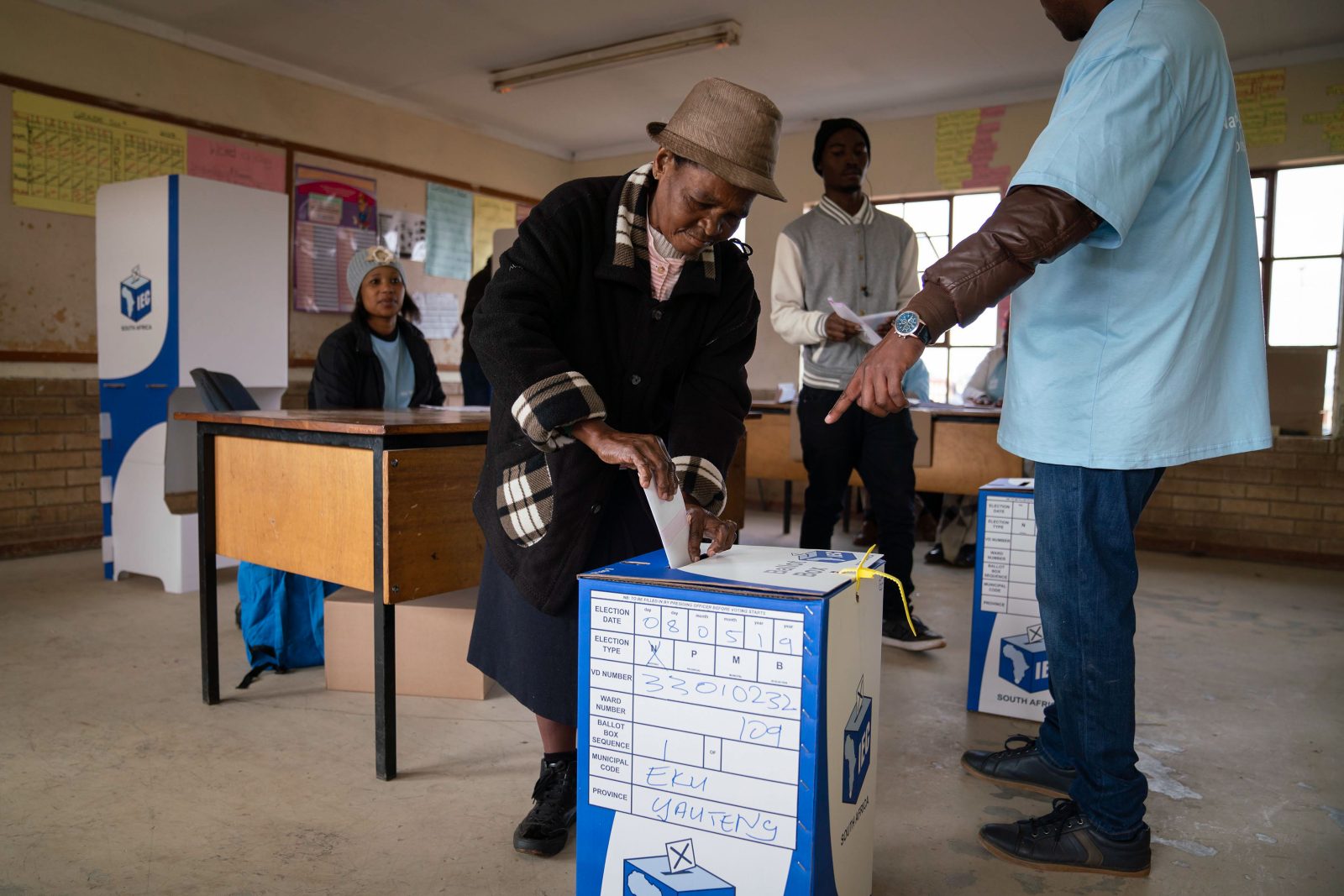

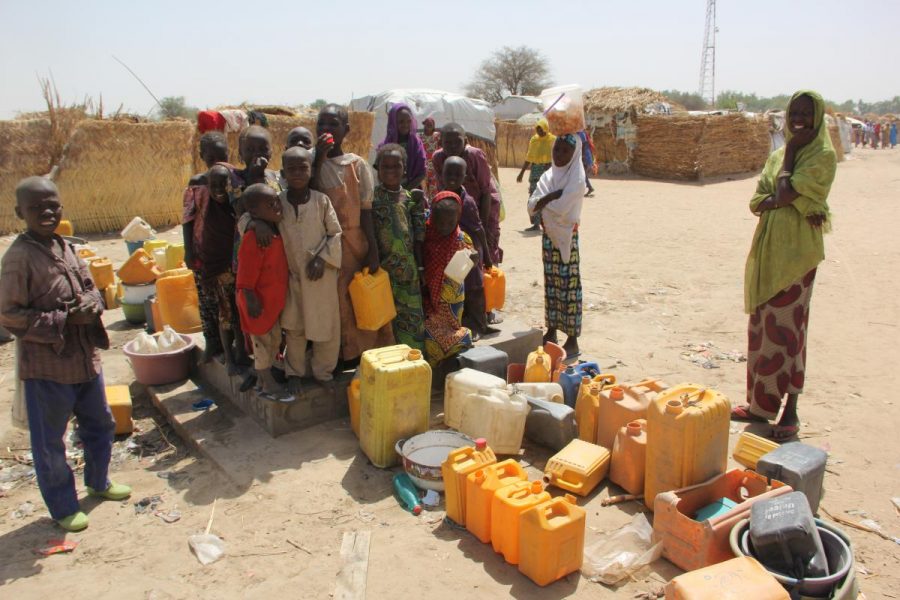
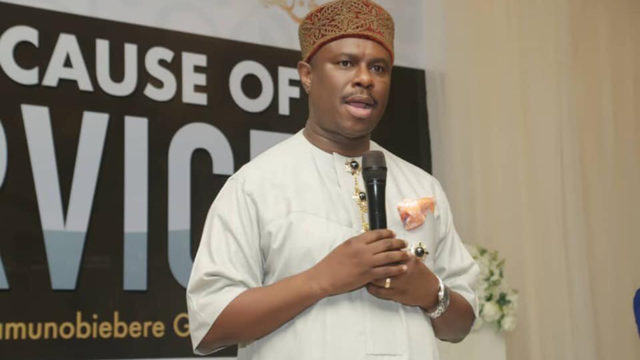
Leave a comment